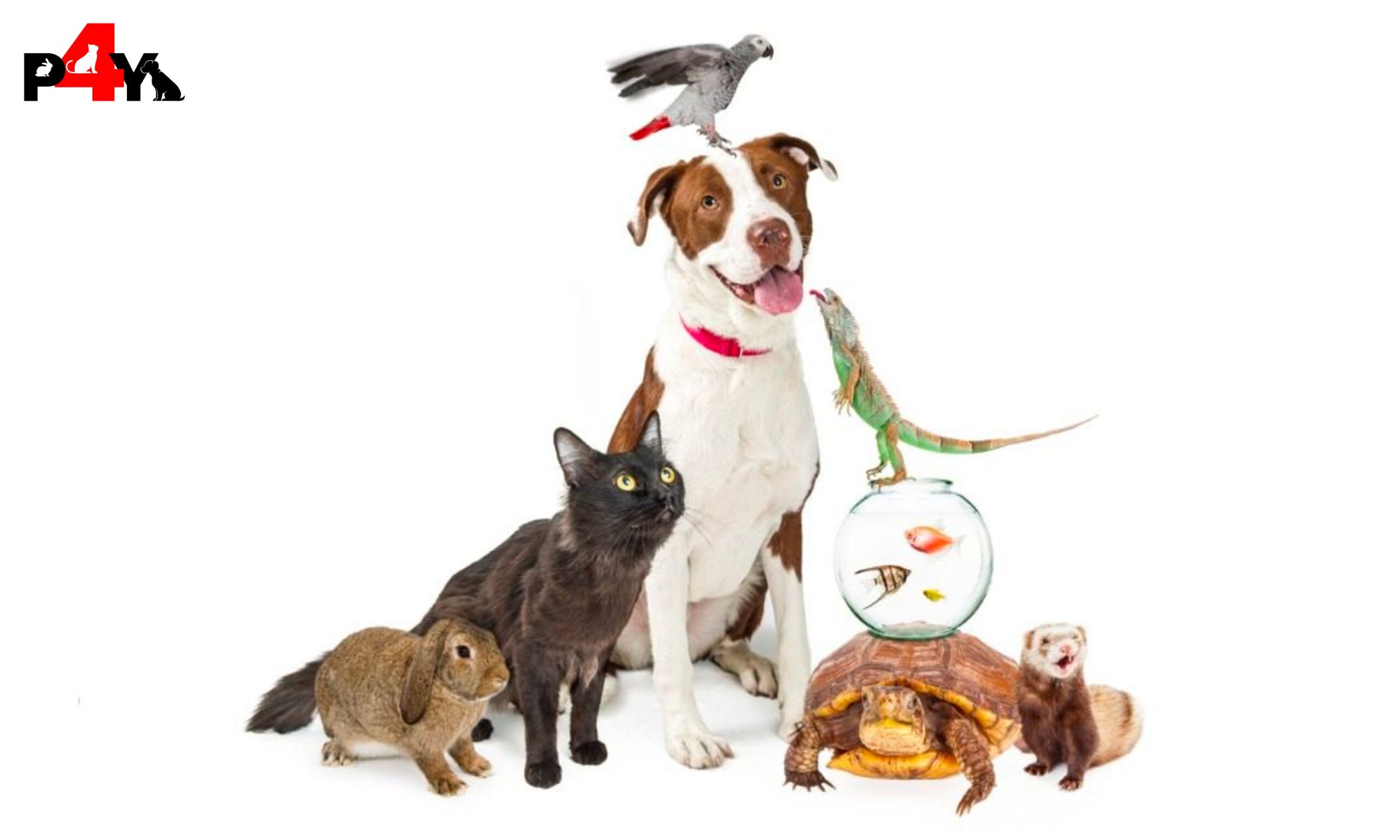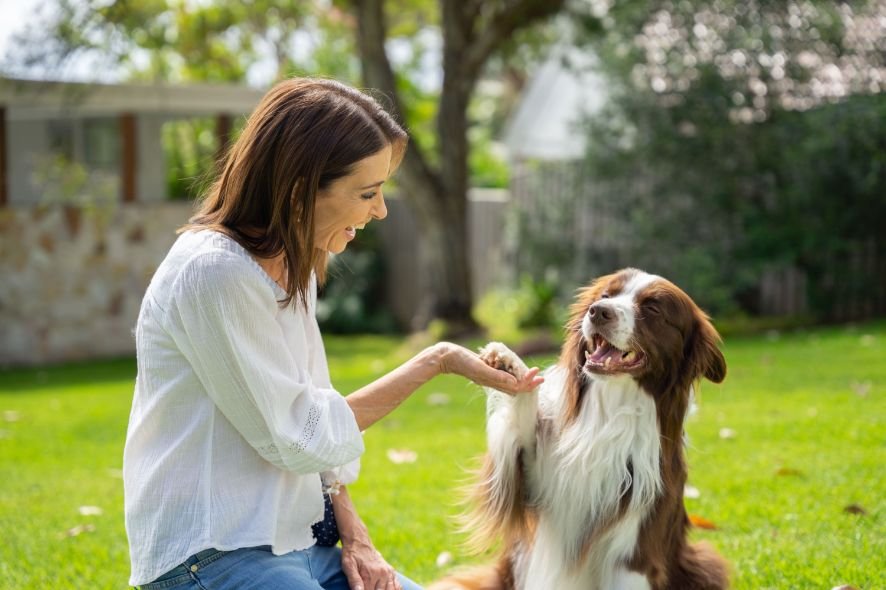10 Benefits of Pets for Students

Benefits of Pets for Students: Why They’re Essential for Growth and Learning
Students often crave companionship, but the decision to bring a pet into the family photo frame comes with both pros and cons. While second thoughts may arise, it’s crucial to consider the many positive roles pets play in a child’s physical, mental, emotional, and academic development.
With extensive experience as a private tutor and the privilege of growing up alongside pets, I can confidently attest that having an animal in your life enhances your humanity and makes you a superior learner. Let’s explore the top ten reasons, or benefits, of owning pets, along with a bonus tip at the end of the article.
So, stay tuned!
Here is the reasons Benefits of Pets for Students
1. Pets Foster Humanity
Pets, by their very nature, exude positive energy that can profoundly influence the emotional landscape of their owners. Caring for a pet serves as a constant reminder of one’s obligations and responsibilities to nurture, protect, preserve, and care for all life forms. Growing up with pets teaches kids and students the value of commitment. Pets serve as safe and civilized confidants, with owners often sharing their innermost thoughts and secrets with them. They are perceived as the best listeners, aiding in the development of non-verbal communication, empathy, healthy relationships, and compassion. In essence, pets exemplify the concept of humanizing.
2. Pets Reduce Allergy Risks
Interacting regularly with pets can reduce the likelihood of developing allergies like hay fever, asthma, or eczema. Additionally, owning multiple pets can offer even greater benefits. Health psychologists worldwide have conducted extensive research indicating that children who have pets develop antibodies that enhance their immune system, helping them combat infections more effectively and quickly than those without pets. Imagine having a furry companion at home and experiencing fewer days off school due to colds or flu—truly a remarkable benefit of owning pets for students.
3. Pets Makes You Responsible
Pets thrive on routine, and their owners soon adopt this regularity. While people may find excuses, pets are unfazed by such concepts. They adhere to their daily schedules religiously and expect the same commitment from their owners. This adherence to routine enhances students’ sense of responsibility. Caring for a pet—ensuring its food, cleanliness, shelter, and regular exercise—provides a sense of accomplishment. Through these experiences, students learn valuable lessons in responsibility and compassion, caring for the needs of those around them.
4. Pets Make You Feel Comfortable
When seeking comfort, pet owners never hesitate to choose their pet as their go-to source. Pets offer an incomparable level of love and warmth. Having pets at home can fill a void in your child’s life that you may not even have realized was there. Pets instill values like respect, privacy, kindness, and patience, teaching these virtues to their owners. There’s nothing quite like the stress-relieving embrace of a pet after a long day of academic challenges or struggles.
5. Pets Helps You to Learn Easily
Pets provide invaluable support for developmentally challenged children in their learning process. The presence of a nonjudgmental companion with paws encourages these students to express themselves freely. Parents and tutors have observed that reading with a pet by their side is more enjoyable and relaxing for children than reading alone in a separate room at a study table. Pets enhance classroom and other learning experiences, which is why many schools have a class pet. In summary, interacting with animals fosters respect for life and nurtures a sense of responsibility.
6. Pets Helps in Socialization
While human social circles offer unique advantages, furry friends also provide significant benefits. They offer companionship that can prevent feelings of loneliness or depression. If your child is moving into dorms or off-campus housing for the first time, having a pet can help them navigate the challenges of new beginnings. Bonding with pets helps students enhance their social skills, which can lead to improved performance in school.
7. Pets Helps in Physical Health
Pets require a significant amount of exercise, promoting laughter, playfulness, and physical activity such as running errands and walking. This means that pet owners also need to stay active and engage in daily exercise. Taking care of the physical health of pets is crucial, as it can help boost the immune system and increase the energy levels of the owner. Pets motivate their owners to play, adopt a healthy lifestyle, seek adventure, and remain affectionate, loyal, and physically fit.
8. Pets Boost The Mental Health
Animals live in the moment, making them perfect companions for moments of sadness or distress. They are beneficial for emotional well-being, helping to boost morale, ease anxiety, and provide sensory stress relief. Pets are always available to lend a sympathetic ear and add joy and unconditional love to your life. They play a significant role in the well-being of students and can reduce the risk of academic failure. Dogs, in particular, have been found to be therapeutic for students at school, as demonstrated by Middlesex University, which added dogs to their staff list with amazing results.
9. Pets Teach Life Lessons
Pets are often said to have boundless enthusiasm but no sense of shame, leading some to suggest that one should have a dog as a life coach. This saying reflects the idea that pets offer more than just entertainment and affection; they also impart important life lessons. Pets can teach us about respect, loyalty, compassion, and responsibility.
They help build self-esteem, social skills, and patience, and they can also help us learn to cope with loss. Additionally, caring for a pet can teach us about leadership and the importance of being a responsible caretaker. If you ever have the opportunity to own a pet, take advantage of it, as they can provide invaluable lessons for both you and your child.
10. Pets are lifesavers and life changers
The world is replete with stories of individuals who, in the depths of significant trauma or contemplating suicide, found a reason to live through their pets. Pets respond to vocalization, offering their presence and companionship, and often ensuring their owner’s safety. Dogs, in particular, are renowned for their ability to rescue their owners from imminent danger. Moreover, animals possess a strong intuition; they can discern who is worthy of their owners’ trust and who is not. Studies have shown that students with pets are less likely to be bullied, highlighting the positive impact pets can have on their owners’ lives.
Tips to Choose the Right Pet For You
If you’re considering getting a pet for the first time, here are a few important things to keep in mind:
- Research the pet you want thoroughly, including their lifespan, size, exercise requirements, breeds, temperaments, history, health, and potential behavioral issues.
- Ensure you have a separate area in your house dedicated to the pet.
- Check if any family members are allergic to certain types of animals, as some pets can pose health risks to certain individuals.
- Evaluate your lifestyle to see if it would be suitable for the pet and if you can meet its needs.
- Consider the age of your child, as children under age 4 may not be mature enough to handle the potential challenges of pet ownership.
- Have open discussions and planning sessions with your children about owning a pet, as it requires responsibility and commitment.
- If you are a social person who enjoys frequent social activities, reconsider your decision to own a pet, as they can limit your social interactions.
- Calculate the cost of pet ownership, including insurance, toys, food, unexpected vet bills, and other financial needs.
- Be aware that pets naturally exhibit destructive behaviors and require proper training and time to overcome these behaviors.
- Dogs and cats, in particular, require a lot of attention, so if you cannot dedicate a significant amount of time to them daily, consider a pet that requires less attention.
- Consider how much shedding you can tolerate, as some breeds shed more than others. However, there are many pets available that do not shed, so look for alternatives if shedding is a concern.

Conclusion
In conclusion, owning a pet can be a rewarding experience, but it requires careful consideration and planning. Researching the type of pet that suits your lifestyle, ensuring your home is suitable for a pet, and understanding the responsibilities and costs associated with pet ownership are crucial steps to take before bringing a pet into your home. Additionally, considering the needs of your family, including any allergies or behavioral considerations, is essential. By taking these factors into account and making an informed decision, you can ensure a positive and fulfilling relationship with your new pet.


